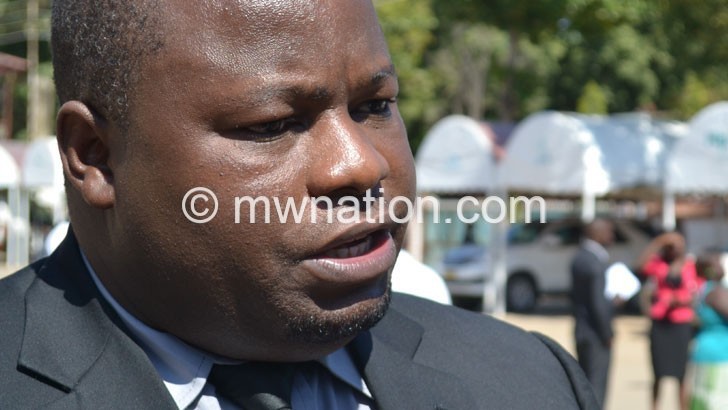Nankhumwa says AIP irredeemable
Leader of Opposition in Parliament Kondwani Nankhumwa says while government is trying to paint a rosy picture of the 2022/23 Affordable Inputs Programme (AIP), the reality is that “the programme has collapsed and is irredeemable”.
He said in a statement issued yesterday that it was obvious this year’s AIP would have no impact on food security and poverty reduction as it “is a total failure”.
Nankhumwa said the mess was a result of unavailability of the inputs as where some fertiliser are available, it is only NPK, without Urea.
He observed that the other challenge was that of network or inadequate gadgets for scanning national IDs of beneficiaries for them to redeem their inputs, where apart from network challenges, the available gadgets are not meeting demand.
“For example, some districts have to do with as few as 12 gadgets, which makes a mockery of the whole programme,” observed Nankhumwa who is Democratic Progressive Party (DPP) vice-president for the South.

He also expressed concern that around 800 000 farmers have not redeemed certified seeds after the Seed Trade Association of Malawi disclosed that the seed portal stopped working on January 7 2023 and yet AIP is expected to close on January 31.
Nankhumwa also claimed that he had been reliably informed that some people are collecting money from farmers for AIP fertiliser, in the name of government, promising to give them the fertiliser later.
He has since challenged government to investigate the matter and ensure that the farmers are refunded by next Friday, failing which, he will have no choice but to seek guidance from legal and governance institutions, on the way forward.
But Minister of Agriculture Sam Kawale in an interview yesterday said advance payment was being done because of the mobile vending which was introduced as a means to reach out to people closer to their homes.
Under mobile vending, scanning of beneficiaries IDs and payment for the fertiliser is done in one day while collection of the commodity is made on the other day.
“This is one way of reducing the distance they travel and eliminate waiting for the product for days, sometimes sleeping at the selling point. The reason we scan in advance is to ensure that we take the exact number of bags to the site. This has proven to be a very effective way of delivering fertiliser to beneficiaries,” explained Kawale.
Meanwhile, the minister has said, as of yesterday his ministry had successfully delivered 60 percent of the fertiliSer to beneficiaries
PHOTOGRAPH: NATION
PAGE





